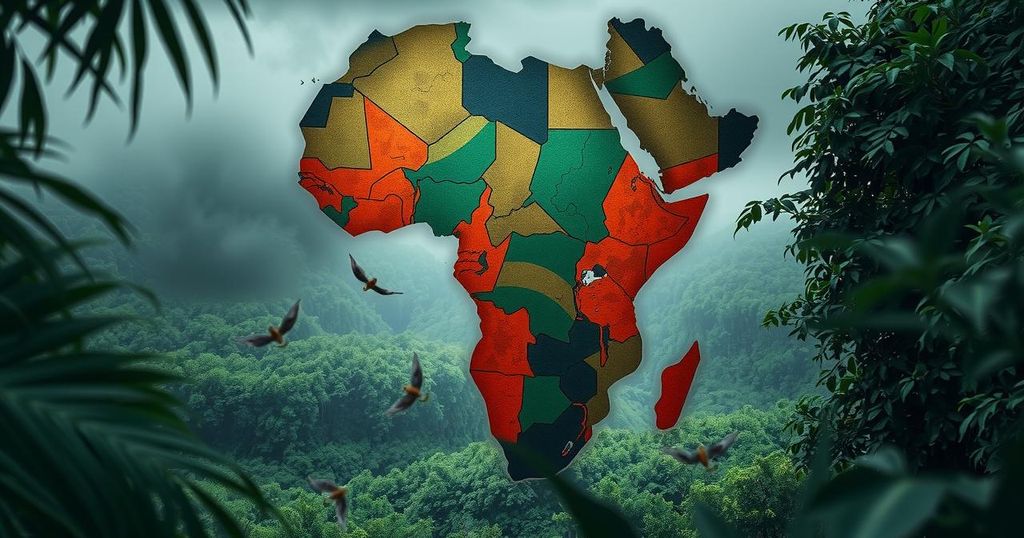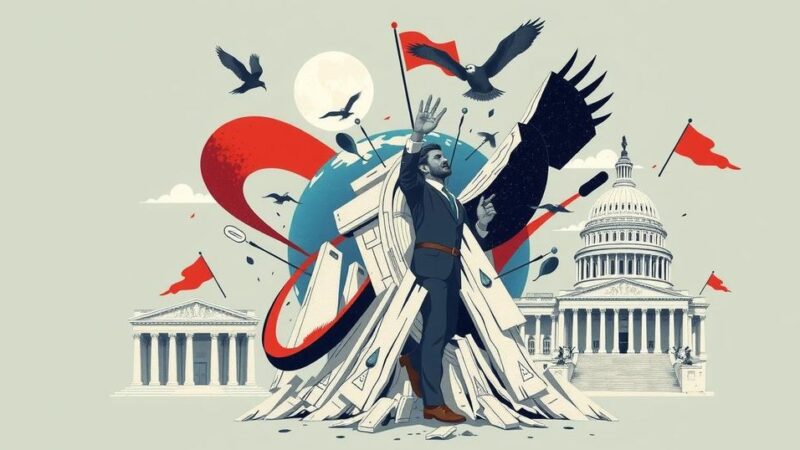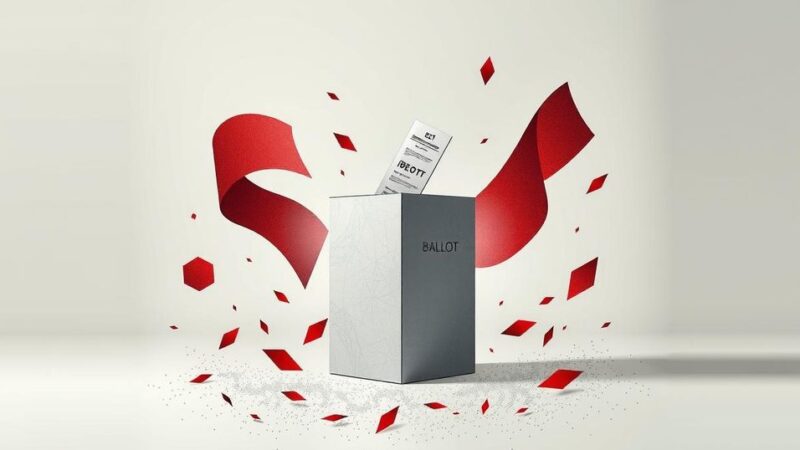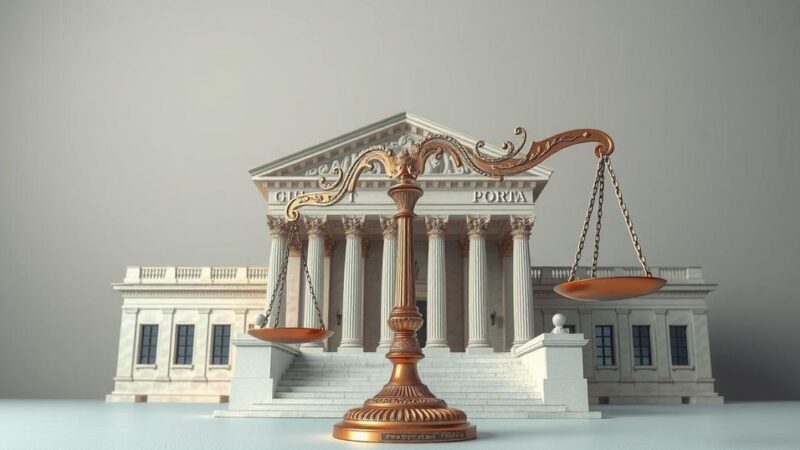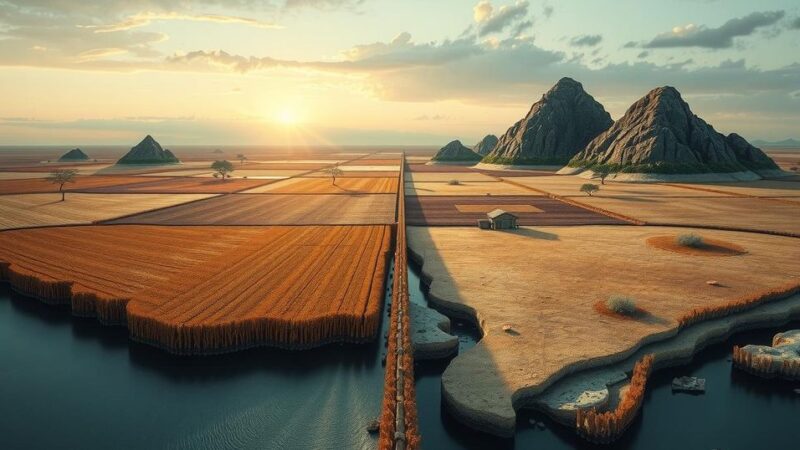The M23 rebel group in Congo is transitioning under new leadership from a Tutsi-dominated identity to one that portrays itself as a Congolese nationalist entity. Corneille Nangaa, a former electoral chief, now leads M23, emphasizing grievances shared by eastern Congolese populations in a strategy to garner wider support. Their recent military and territorial advances underscore this shift and present challenges to President Tshisekedi’s government, culminating in aspirations to establish governance in Goma and beyond.
The M23 rebel group in the Democratic Republic of Congo, recently taking control of Goma, is undergoing significant transformation under new leadership. Corneille Nangaa, a non-Tutsi and former electoral chief turned rebel leader, is introducing a Congolese nationalist identity to the group, which was previously dominated by ethnic Tutsis. This change reflects a strategic effort to broaden their appeal amidst ongoing conflict, even with continued Rwandan backing.
Nangaa, who oversees Nangaa’s role within the Coalition Congo River Alliance, seeks to address grievances stemming from perceived government mistreatment and underrepresentation of eastern Congolese interests. This shift from ethnic to national concerns aims to provoke dialogue surrounding autonomy and governance in eastern regions. Analysts recognize this approach as vital for the group, enhancing its attractiveness to a broader political coalition opposed to President Félix Tshisekedi.
Unlike past actions in 2012, when M23’s agenda was narrowly focused on Tutsi integration into the Congolese army, the current strategy emphasizes negotiating genuine autonomy through territorial gains. M23’s alliance with the Congo River Alliance empowers it to threaten Tshisekedi’s authority, as they garner resources and local support for their cause.
Despite M23’s previous defeat and subsequent regrouping, they remain militarily potent, estimated to consist of 6,500 fighters. With Nangaa’s leadership, the organization strives to portray itself as a legitimate political force addressing the concerns of various Congolese factions, thereby reshaping its public image as a national entity rather than an ethnic-based militia.
The M23 has announced ambitions to establish governance in Goma, focusing on returning displaced populations home. This assertive stance poses significant challenges to Tshisekedi’s government while signaling M23’s commitment to a prolonged presence and influence in Congolese affairs. Nangaa confidently stated, “We are here in Goma to stay as Congolese,” indicating the rebels’ determination to advance toward the national capital, Kinshasa.
M23’s evolution under Corneille Nangaa signifies a pivotal shift from ethnic Tutsi dominance to a broader Congolese identity. This transformation aims to legitimize their agenda and address local grievances, presenting a united front against the current government while asserting plans for a more stable and inclusive political future in the dispute-laden eastern territories. The implications of this self-representation as a nationalist group could significantly impact the dynamics of power and conflict in the region.
Original Source: apnews.com
